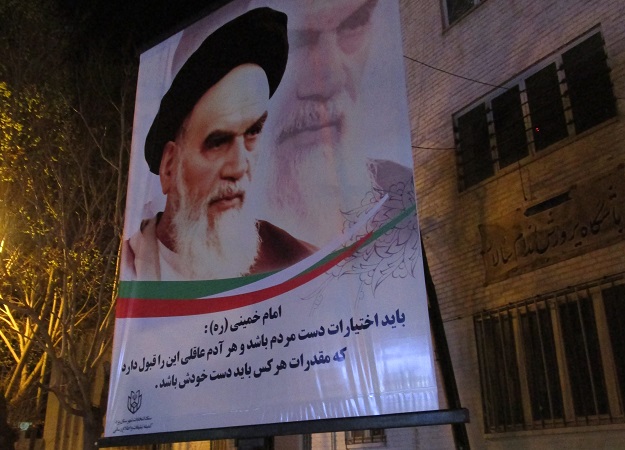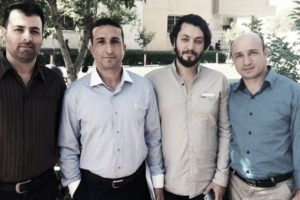
Iran’s security officials have arrested three Christians who were leading a house church in the absence of their pastor who is serving a ten-year jail sentence, reports Article 18.
In the latest raid on a non-Trinitarian “Church of Iran” on Sunday, 10 February, in the northern city of Rasht, officers of the Ministry of Intelligence arrested Abdolreza Ali Haghnejad.
They entered the building shortly after the church service had ended, confiscated mobile phones of church members and took Haghnejad with them. Security agents also visited his home where they confiscated his books and his wife’s mobile phone, CSW reported.
Local sources told CSW that, as he was taken into custody, Haghnejad – who has been arrested and tried before – encouraged the remaining church members.
His arrest followed the detention of two other church members, Hossein Kadivar and Khalil Dehghanpour, on 29 January, according to the London-based advocacy organisation.

The three men had been leading the church in Rasht since its pastor, Youcef Nadarkhani, was sentenced in July 2017 to ten years in prison for “acting against national security” by “promoting Zionist Christianity” and running “house churches”.
Nadarkhani was sentenced alongside three others of his congregation, Saheb (Zaman) Fadaie, Mohammad Ali (Yasser) Mossayebzadeh, and Mohammad Reza Omidi who also received ten-year prison sentences.
The latest arrests come at a time that Iran celebrates the 40th anniversary of the revolution which overthrew its former Shah. Although Ayatollah Khomeini initially spoke about human rights and freedom of religion, the new Islamic republic he created did not leave much room for Christians and churches.
In a review Article 18 reflects on how, after initial attempts to force the Church into submission, the government started to crack down on especially the Farsi-speaking churches which attracted a growing number of converts from Islam.
Under Mahmoud Ahmadinejad, who was elected in 2005, “a systematic approach to the elimination of Protestant churches began” with church closures, confiscation of property, arrests of not just church leaders but also members, and with prison terms getting longer.